
What Australia’s New Law Means for Hague Convention Parental Child Abduction Cases
The DiplomatIn the early 1980s, one of the more short-sighted international agreements was devised and implemented. Yet nowadays around three quarters of all cases filled under the Hague Convention are against mothers – most of whom are fleeing domestic violence or seeking to protect their children from abuse. Recognizing this problem, last month the Australian government implemented a new law that requires Australian courts to consider allegations of family and domestic violence before any return orders are made for children under the Hague Convention. The problem has become so pronounced that recently the office of the United Nations High Commissioner for Human Rights established a global call for input to assess just how entrenched this concept has become in custody proceedings, and how it is leading to the “double victimization of victims of domestic violence of abuse.” If family courts are abusing the human rights of children and women, the logical conclusion is that these victims could be offered legal protection by other states. In shifting its domestic laws to require Hague Convention cases to consider domestic and child abuse, Australia may have set itself on a path to being a state that offers legal protection to mothers and children fleeing abuse.
Discover Related
)
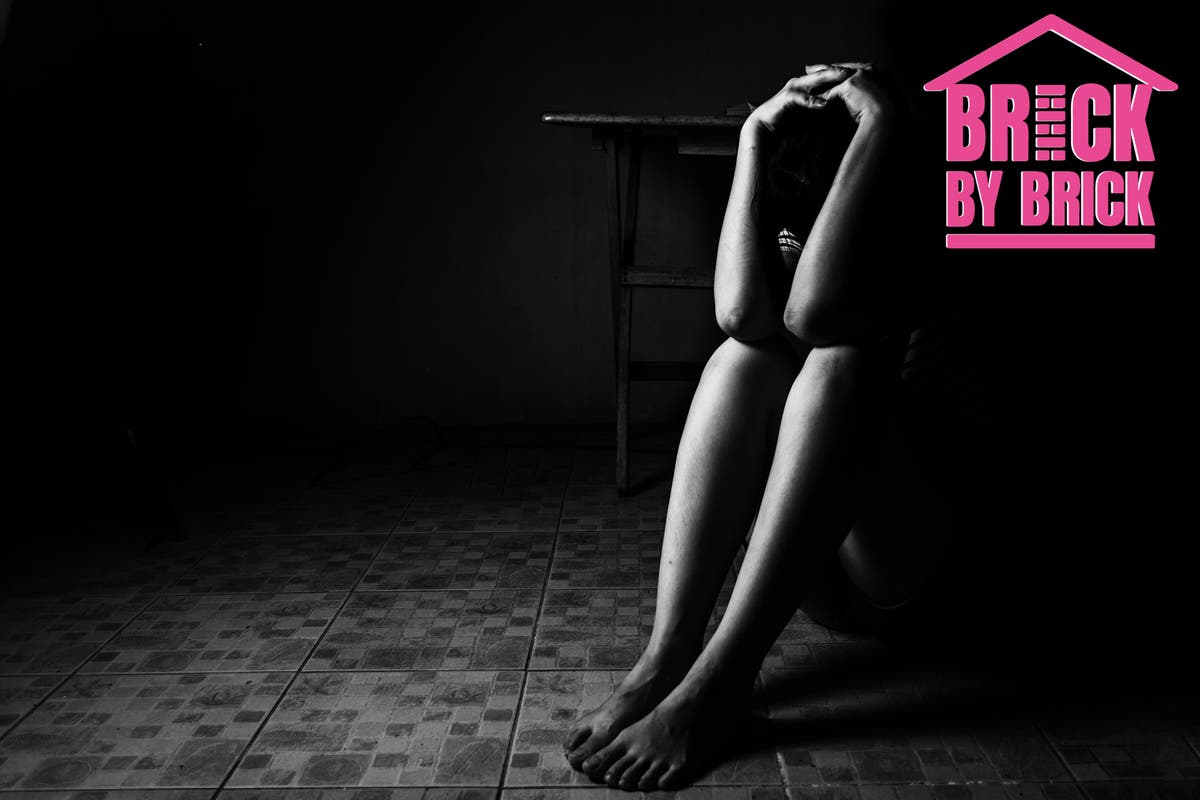









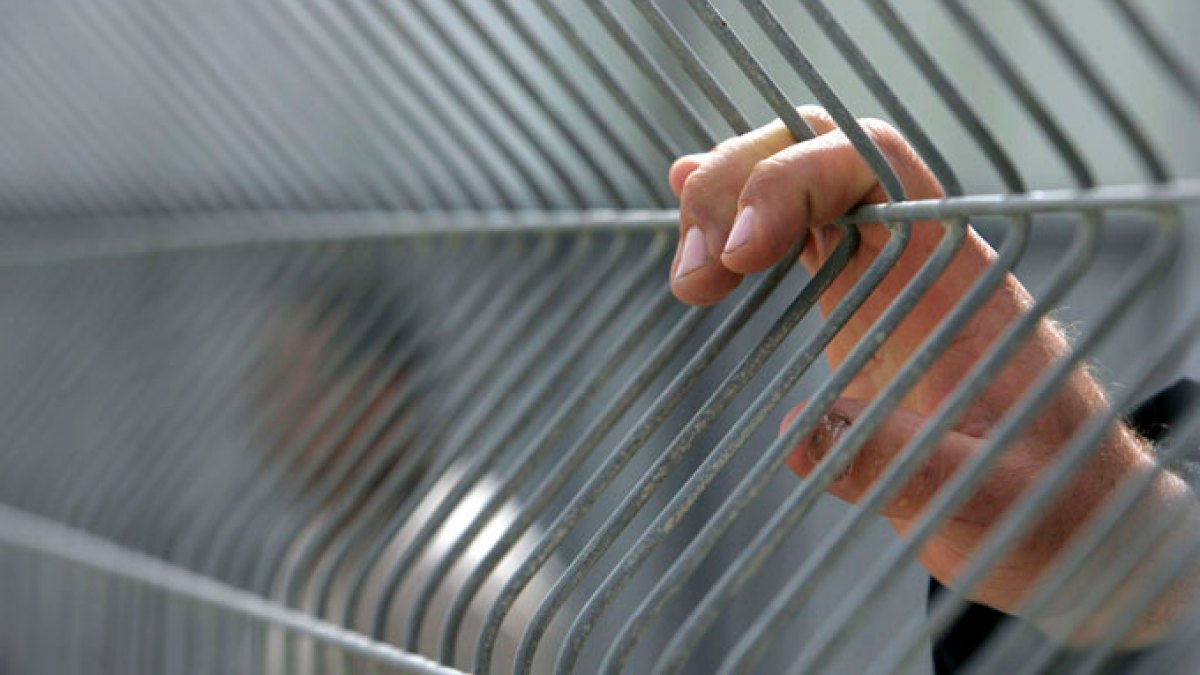
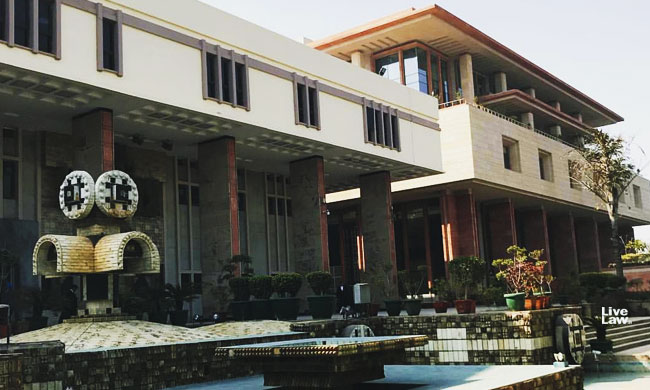

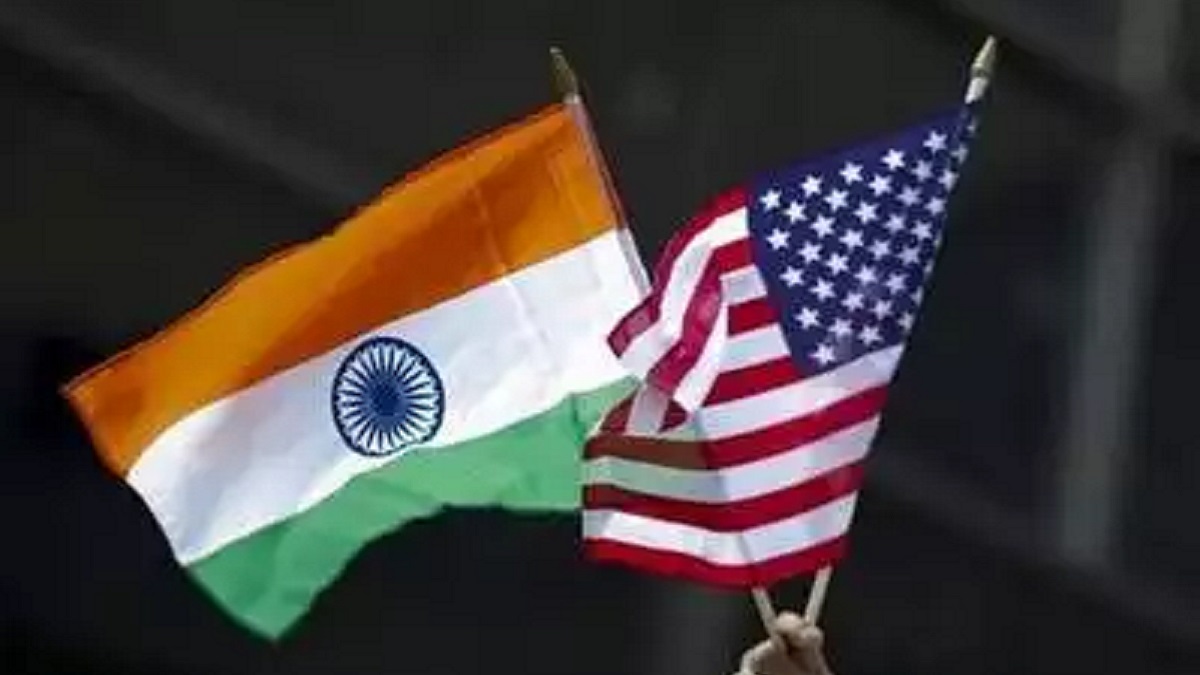


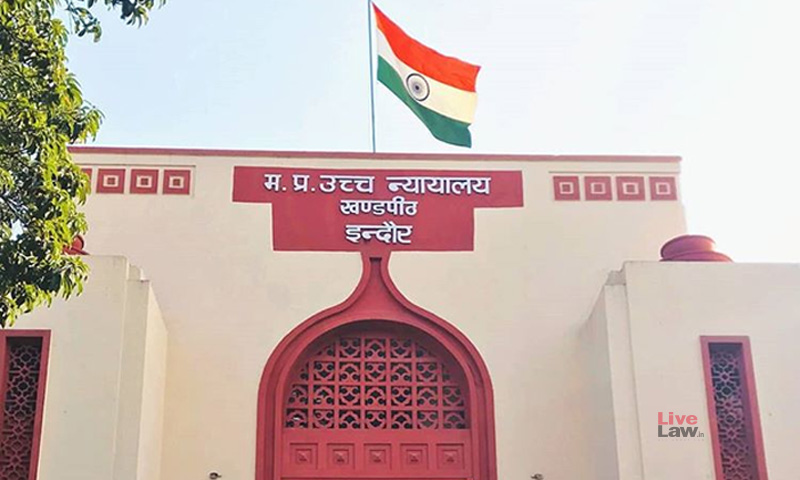

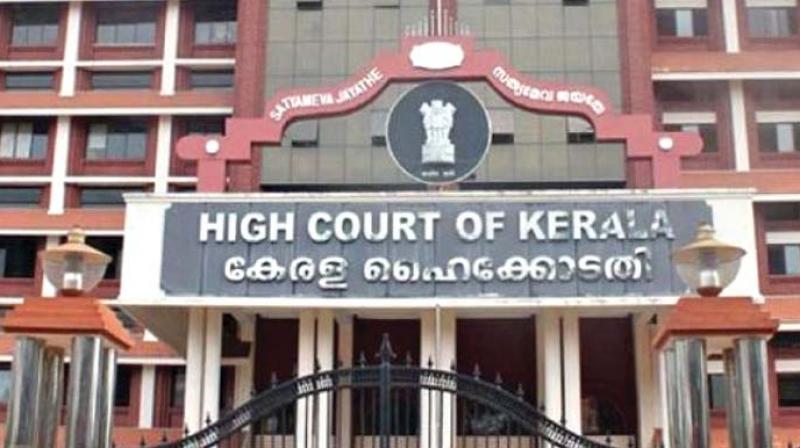

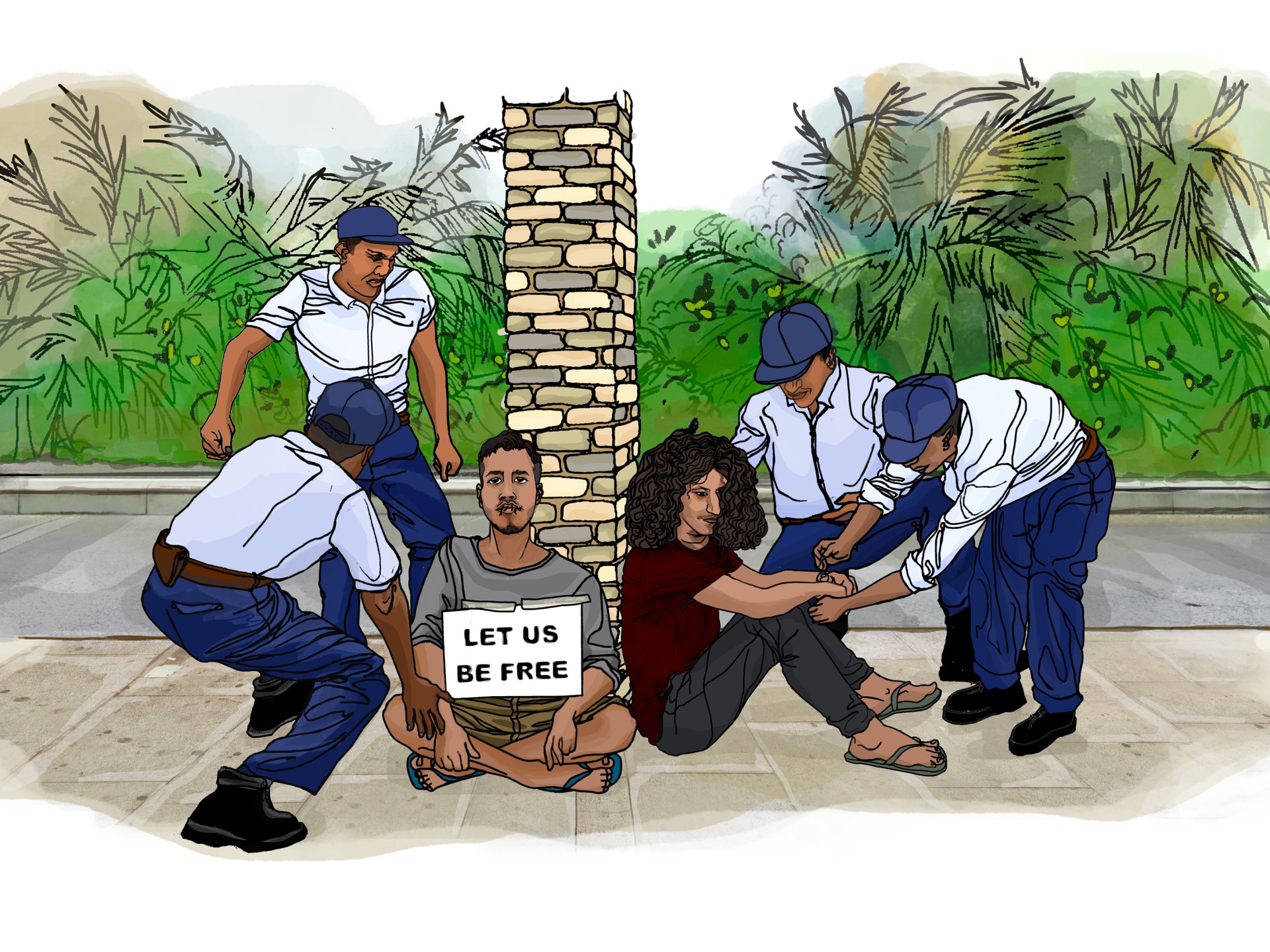



)

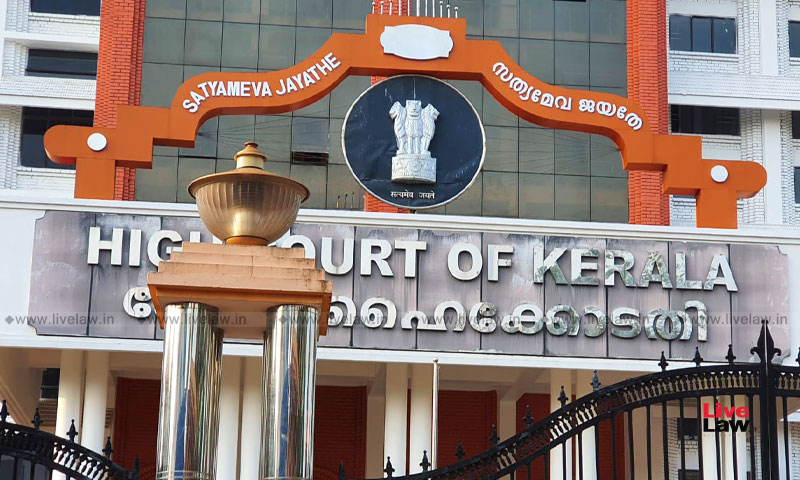

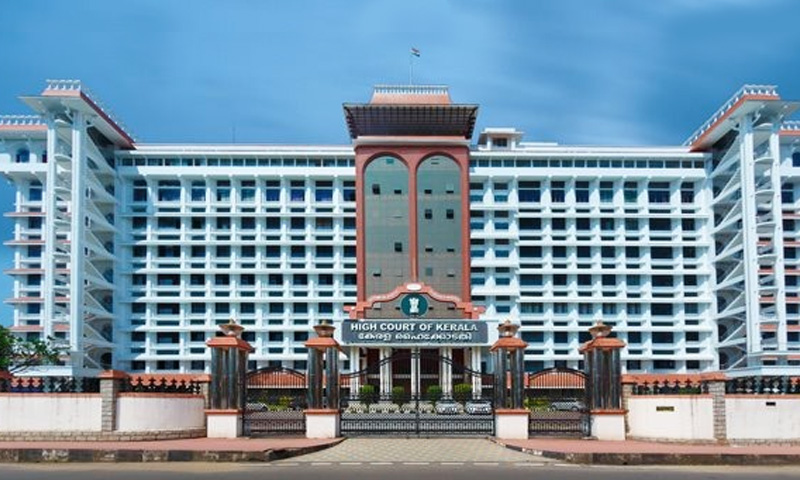
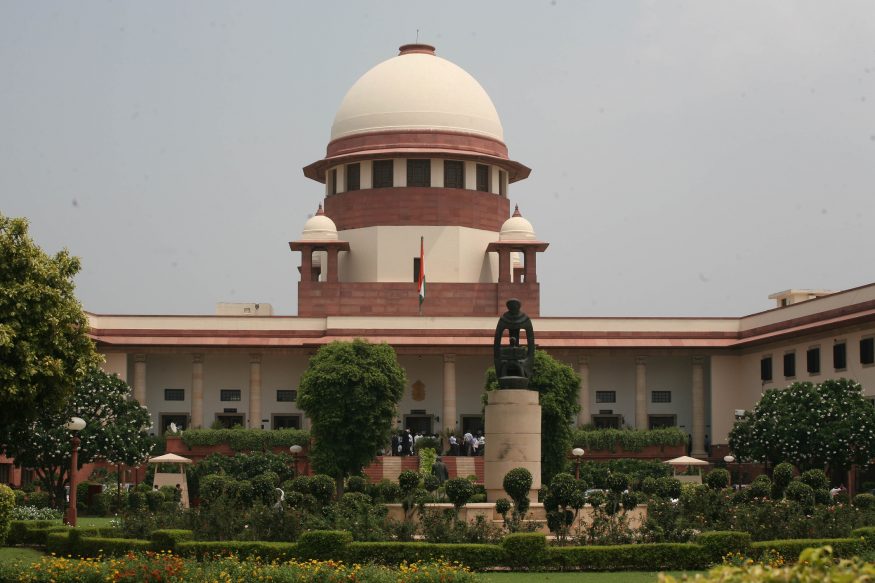)


